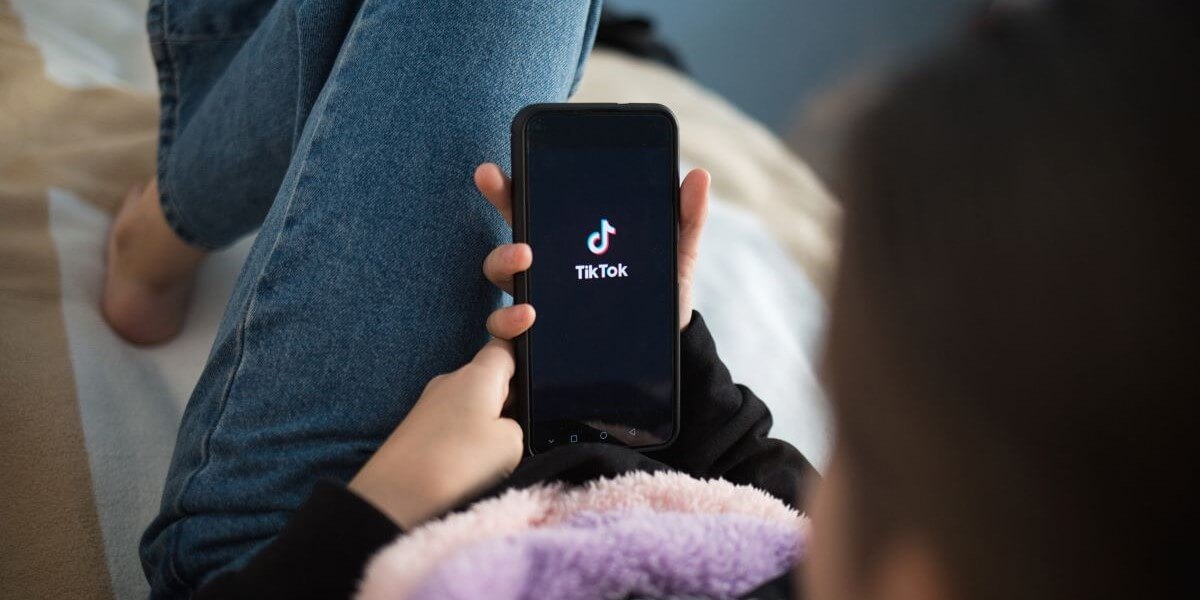Table of Contents

About the author
Rosslyn Elliott
Watch our provider review videos
Video ReviewsWhich speed do I need?
Tell us what you use Internet for
How many users?
On Saturday, April 21, the House passed the momentous $95 billion dollar package for aid to Ukraine and Israel: included in that bill was a provision that would require Chinese company Byte Dance to sell TikTok or see it banned in the U.S.
The bill will now move to the Senate on Tuesday, April 23. Hooking TikTok’s fate to the survival of the Ukraine has caused the TikTok decision to move much faster than such an issue would usually progress through Congress.
Western Democracies Fear TikTok Will Enable Spying, Privacy Invasion by Chinese Government
TikTok has caused concern and controversy in the U.S., as some experts and politicians claim that the company’s roots in Communist China make the TikTok app a threat to the democratic world.
The three major dangers usually cited are:
1) excessive collection of information from users;
2) potential digital spying on users by the Chinese government; and
3) undue influence on users from Chinese news censorship on the platform.
Unlike many previous campaigns against Chinese trade, this legislative initiative against TikTok has broad bipartisan support.
Corporate Rules and Ethics are Endlessly Malleable Under Dictatorship
In March 2024, the American intelligence community warned that the Chinese government has used TikTok to influence recent U.S. elections. Shortly thereafter, CEO Shou Crew refused to answer yes or no to whether the Chinese government has any influence on TikTok. But Xi Jinping has almost absolute power now in China, as reported by the New York Times last year. TikTok is highly likely to do what Xi Jinping wants it to do, just like any other China-based company.
Senate Will Consider Fate of Major TikTok Legislation This Week
The House, more fractious than the Senate, passed the bill in part by extending the time for ByteDance, the parent company, to sell TikTok to a non-Chinese investor. ByteDance would now have a year to make the sale.
Senator Maria Cantwell, head of the U.S. Commerce Committee and one of the few highly knowledgeable politicians when it comes to technology, changed her vote from no to yes on the divest-or-ban bill because of the extension of the time frame for the sale.
Last month, she had objected to the bill’s text, saying that she wanted something more “robust and long-term” so the bill would be constitutional and “do the job.”
Democratic Senator Mark Warner said after the passage of the bill that giving the Communist Party “the ability to scrape 170 million Americans’ personal data … is a national security risk.”
[Giving the Communist Party] the ability to scrape 170 million Americans’ personal data … is a national security risk." —Senator Mark Warner
TikTok will be likely to fight the legislation in court, which is ironic given that the Chinese government regularly censors and bans U.S. social media platforms without any legal due process. China publicly denies these practices, as when the Chinese embassy stated in February 2024 that “the Chinese government protects press freedom in accordance with law, and gives full play to the role of media and citizens in supervising public opinion.” But in the past, China has actively amended its rules and laws to prevent government criticism or dissent even in comments sections on social media posts.
TikTok Users and Public Commentators Object to TikTok Ban
Writing in Reason magazine, Matthew Petti argued in response to the House’s Saturday action that “the vote moved America a little bit closer to the Chinese-style online censorship that TikTok’s opponents decry.”
The ACLU also opposes a TikTok ban.
On a more practical level, many TikTok users who make money from their TikTok-based businesses have opposed the legislation. Many of TikTok’s 170 million users called Congressional representatives last month, particularly after TikTok urged them to do so and included a look-up tool to find their representative’s official phone numbers.
CBS News quoted businesswoman Delyanne Barros as stating that the ban could wipe out 30% of her business. “A ban could result in me losing a major part of my business. I would definitely feel a hit,” Barros said.
On the whole, about 50 percent of Americans support the ban according to a Pew Research Center survey.

Is TikTok safe?
Related Posts

About the author
